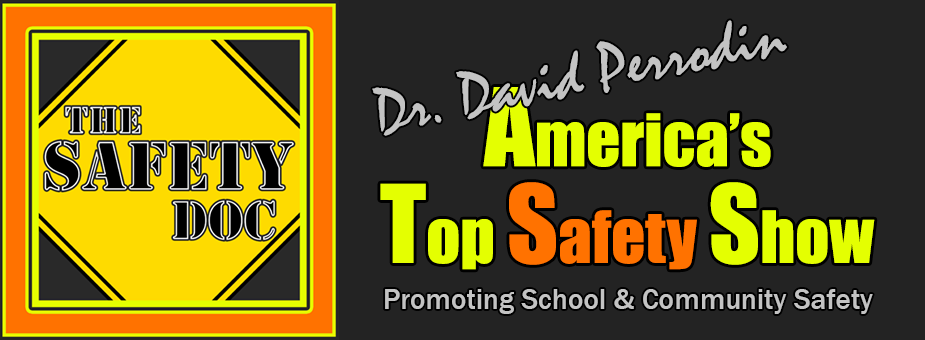Mental Health / Mental Well-Being
Orlando Massacre Might Fuel Decision Inertia
Decision Inertia, in short, is the tendency to continue to expand choices until the number of options is overwhelming and leads to indecision or poor decisions. Knowing what has been posted by the media about the Orlando massacre, people fleeing the club was a life-preserving measure, the “gut feeling” or as author Brian Peters would…
Read MorePerspectives on Violence and Public Health – Injury Prevention, Violence Prevention, and Trauma Care: Building the Scientific Base
I anticipated focusing on the Haddon Matrix for this week’s BLOG post. However, I felt that this week’s entry was better suited to build the foundation for the Haddon Matrix. Developed by William Haddon in 1970, the matrix looks at factors related to personal attributes, vector or agent attributes, and environmental attributes before, during and after…
Read MoreLogistical Barriers, Incomplete Approaches and How Black Box Labels Impact the Ability to Address Mental Health Needs of Children
Depending upon the research you cite, between 10-15% of children in the United States have a mental health need. One of the areas that is sharply rising is anxiety disorder, but the overall trend line is also ascending year after year. In an attempt to better address the mental health needs of students, some Wisconsin…
Read MoreTrauma-Informed Care, The Whole-Brain Child and Staff Development
Trauma-informed care and understanding the childhood brain and how it matures are fairly new areas of study for teachers. Yet, to connect as many children as possible to school, trauma-informed care is becoming a necessary approach in K-12 education. Research has shown that trauma, such as drug or alcohol exposure, abuse and neglect, experienced in-utero…
Read More